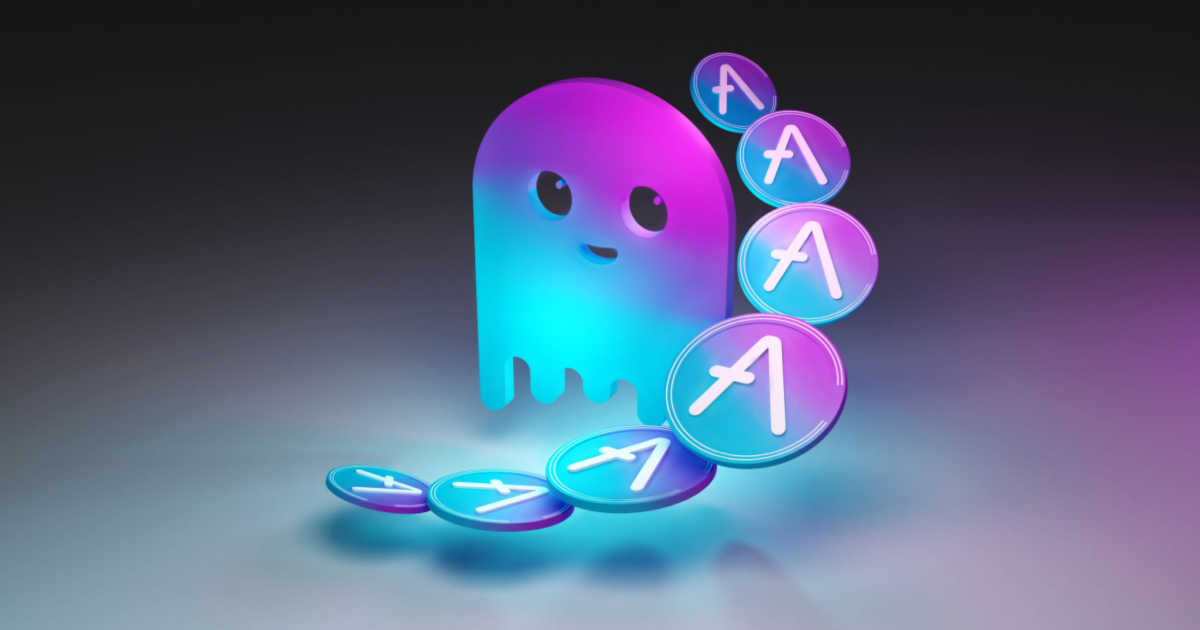The Aave decentralized autonomous organization (DAO) has passed a proposal called “Rescue Mission Phase 1 Long Executor” to recover lost tokens for some users who mistakenly sent them to certain token contracts in the past. This proposal authorizes Aave developers to upgrade the smart contracts and send the lost tokens back to their original owners automatically.
The confirmed proposal only affects lost AAVE, LEND, Tether, UNI, and staked AAVE tokens that were mistakenly sent to the AAVE token contract, the LEND token contract, the LendtoAaveMigrator, or the stAAVE token contract. The proposal also authorizes the team to initialize a new implementation for these contracts. During the initialization, the lost tokens will be sent automatically to a separate AaveMerkleDistributor contract, where they will then be sent to the owners.
However, the proposal’s text emphasizes that these tokens will only be transferred during the contracts’ initialization phase. It implies that only tokens lost in the past will be recoverable. Future tokens mistakenly sent to these addresses may be permanently lost unless a new proposal is passed in the future.
Losing tokens by mistakenly transferring them to a token contract is a common problem in the crypto community. Many tokens and Ether are locked in the Ethereum null address (0x0) and token contracts. For instance, an Ethereum user once lost over $500,000 worth of wrapped Ether (wETH) by transferring it to the wETH token contract instead of calling its “unwrap” function as they intended.
If a contract cannot be upgraded, tokens lost in this way are usually impossible to recover. By their nature, crypto transfers are supposed to be immutable. So, even if mistaken transfers can be reversed, attempts to do so are sometimes controversial.
In 2016, The DAO, an early version of today’s DAOs, was exploited for $60 million worth of ETH, which the investors in The DAO presumably did not intend to happen. The majority of Ethereum validators implemented a hard fork to reverse the exploit transaction, but some validators rejected this move, creating Ethereum Classic in the process.
Unlike The DAO controversy, the Aave DAO vote to rescue the lost tokens was not nearly as controversial. The proposal passed with more than 99.9% of the vote, and only one user voted against it using a single AAVE token.
The recovery of lost tokens is a significant achievement for the Aave DAO community. It shows that decentralized autonomous organizations can provide a safety net for users who make mistakes in their crypto transactions. However, it also raises questions about the immutability of blockchain transactions and whether DAOs should have the power to reverse them.
It remains to be seen whether this proposal will set a precedent for future DAO decisions or whether it is a one-time event. Nevertheless, it is a step forward in addressing the problem of lost tokens and ensuring that the crypto community remains a safe and reliable place for users.
Credit: Source link



























